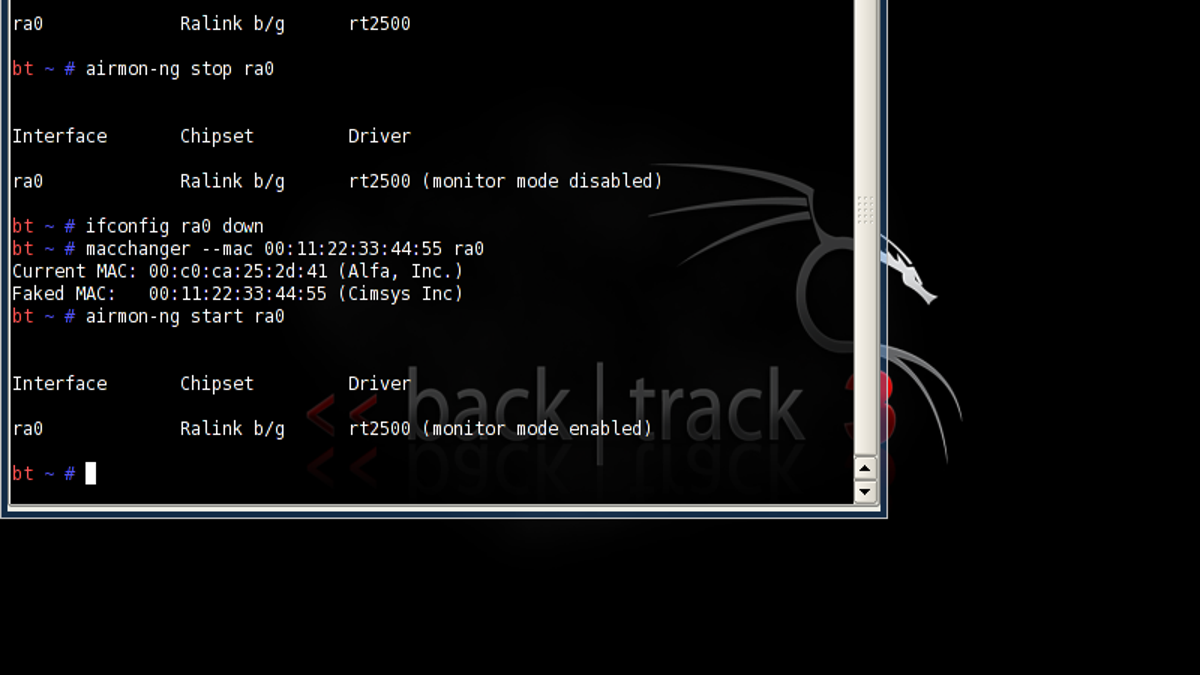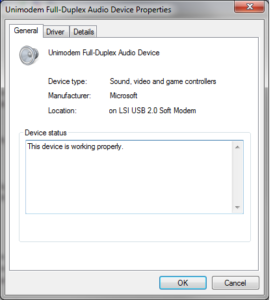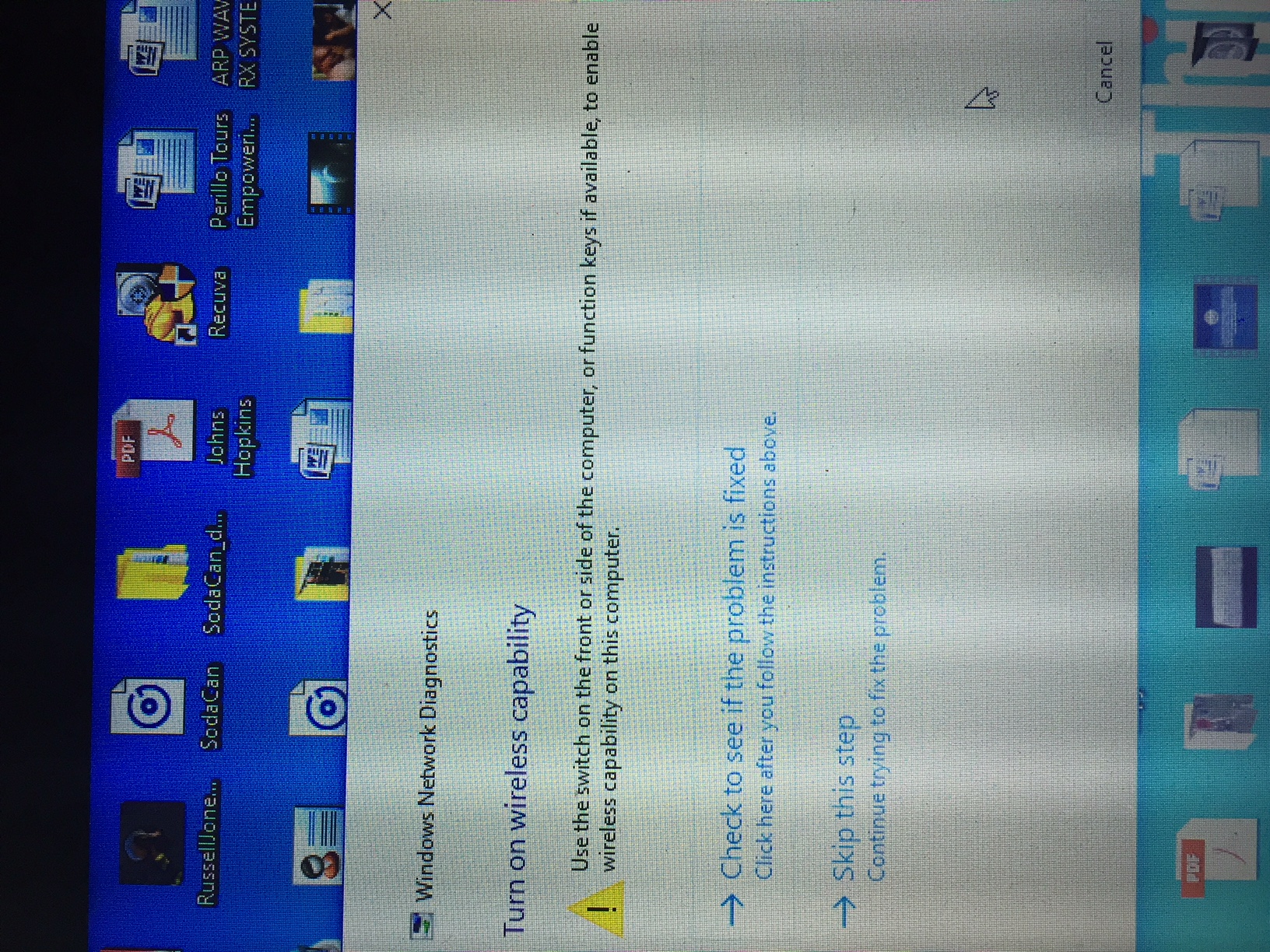Smartphones HTC United States This site uses cookies to optimize website functionality, analyze website performance, and provide personalized experience and advertisement. You can accept our cookies by clicking on the button below or manage your preference on Cookie Preferences. Htc mobile phones & portable devices driver download. Despite being nearly three years old, the HTC U11 is still a solid phone with respectable specs like a Snapdragon 835, 4GB of RAM, 64GB of storage, and a 5.5-inch display. The U11 was also the. The HTC Wildfire E lite is a dual SIM (GSM and GSM) smartphone that accepts Nano-SIM and Nano-SIM. Connectivity options include Wi-Fi, GPS, Bluetooth and Micro-USB. Sensors on the phone include. HTC U12 life hands-on review. HTC U12+ review. HTC U12+ hands-on review. The HTC Exodus is undoubtedly among the most powerful HTC phones released in recent years. The Taiwanese manufacturer launched the device at the end of 2018. Despite that, the Exodus is its latest.


Downloads - Documentation - Help/Support - Bugs/Issues - Download Statistics - Usage Statistics
- 2 Front USB 3.0 14 PCIe3 x16 24 Processor and memory power 32 Chassis solenoid lock 3 Internal USB 2.0 15 PCIe2 x4 25 Front UI/power button/LED Service 4 Internal USB 3.0 16 PCIe3 x8 26 Main power 33 Boot Block Recovery (BBR) jumper 5 Keyboard/mouse 17 PCIe3 x16 27 Rear power button/LED 34 Clear CMOS button.
- Top Devices Searches. NEC 616 USB Command Port LSI Logic MegaRAID Enterprise 1200 RAID Controller. Windows Xp/2k Driver v28.32.
Find support and customer service options to help with your HP products including the latest drivers and troubleshooting articles. The foolproof way to check if your device has a usable GUID, is to download the UnRAID software, extract it to your flash drive (USB Flash Drive Preparation), boot unRAID in a test machine, go to the Web Management page (top of the UnRAID Manual), and just select/copy/paste the GUID from the Devices tab.

About
This is the project home for Enterprise Storage OS® (ESOS®). Enterprise Storage OS® is a quasi Linux distribution based on the excellent SCST project; its purpose is to provide SCSI targets via a compatible SAN (Fibre Channel, InfiniBand, iSCSI, FCoE). In a nutshell, ESOS® can easily turn a server with the appropriate hardware into a disk array that sits on your enterprise Storage Area Network (SAN) providing sharable block-level storage volumes. Typical uses for an ESOS® 'storage server' include VMFS datastores on VMware ESX/ESXi, Windows NTFS volumes, Linux disks, etc.
Features
ESOS® has been under heavy development since January 2012 and used by many in 'production' environments. Mobistel driver. The list of features is still growing; see the 01_About_ESOS wiki page for all of the details. Here are a few of the core ESOS® features:
- A high performance, purpose-built (appliance like) Linux base built from scratch, with no relation to other Linux distributions.
- ESOS® is memory resident -- it boots off a USB flash drive, and everything is loaded into RAM. If the USB flash drive fails, ESOS® will send an alert email, and you can simply build a new ESOS® USB flash drive, then replace the failed drive and sync the configuration.
- Kernel crash dump capture support. If the ESOS® Linux kernel happens to panic, the system will reboot into a crash dump kernel, capture the /proc/vmcore file to the esos_logs file system, and finally reboot back into the production ESOS® kernel -- all automatically. ESOS® sends an email alert on system start-up and checks for any crash dumps.
- Two operating modes: Production (default) & Debug. With 'Production' mode, the performance version of SCST (make 2perf) is used. If you find you're having a problem and not getting sufficient diagnostic logs, simply reboot into 'Debug' mode (full SCST debug build, make 2debug) and get additional log data.
- Enterprise RAID controller CLI configuration tools. Popular RAID controller CLI tools are an optional install with ESOS® (eg, LSI MegaRAID, Adaptec AACRAID, etc.) which allows configuration (add/delete/modify) of volumes / logical drives from a running ESOS® system.
- ESOS® is compatible with most popular enterprise RAID controllers and Tier-1 server hardware. It currently supports the following front-end target types: Fibre Channel, iSCSI, InfiniBand (SRP), Fibre Channel over Ethernet (FCoE)
- A text-based user interface (TUI) that provides an easy to use interface with convenient storage provisioning functions; see how it looks on the 02_Screenshots wiki page.
- Clustering / high availability (HA) components: Pacemaker + Corosync + DRBD
- Create advanced back-end storage block device configurations using Linux software RAID (md) and Logical Volume Manager (LVM2).
- Create virtual tape libraries (disk based) that can be used on your Storage Area Network (SAN). Works with popular software solutions such as Symantec NetBackup, Symantec BackupExec, EMC/Legato NetWorker, Bakbone Netvault, Tivoli Storage Manager (TSM), and Bacula. Support for VTLs in ESOS® is made possible via the mhVTL project.
- Inline data de-duplication using lessfs; includes support for encryption and compression using QuickLZ, Google's Snappy, or LZO.
- Support for Linux Ethernet bridging and NIC bonding (EtherChannel).
- Software-based block layer cache solutions: bcache, dm-cache/lvmcache, and EnhanceIO.
- Tiered storage devices with automatic migration and 'smart' placement of data chunks via the BTIER project.
- Support for using Ceph RBD images as back-end storage devices.
- Advanced Fibre Channel over Ethernet (FCoE) support: ESOS® includes the fcst 'software' FCoE target driver, and has the ability (build options) to support Emulex OCS FCoE CNA /
Chelsio Uwire FCoE CNAhardware targets. - The advanced ZFS storage subsystem is supported as a build option (via the ZFS on Linux project).
Getting Started

Lsi Usb Devices Driver Download For Windows Xp
To get started setting up an ESOS® storage server, you will need a Linux host to use the Enterprise Storage OS® USB drive installer, a USB flash drive, and a decent server with a good RAID card, disks, HBAs/HCAs/CNAs, etc. to use as the storage server -- see the 03_Supported_Hardware wiki page for more details. When you're ready to begin, grab the latest package on this download page and use the 12_Installation document. See the 11_Building wiki page for directions on building ESOS® from source. Use the esos-users Google Group for any questions/comments.


Comments are closed.